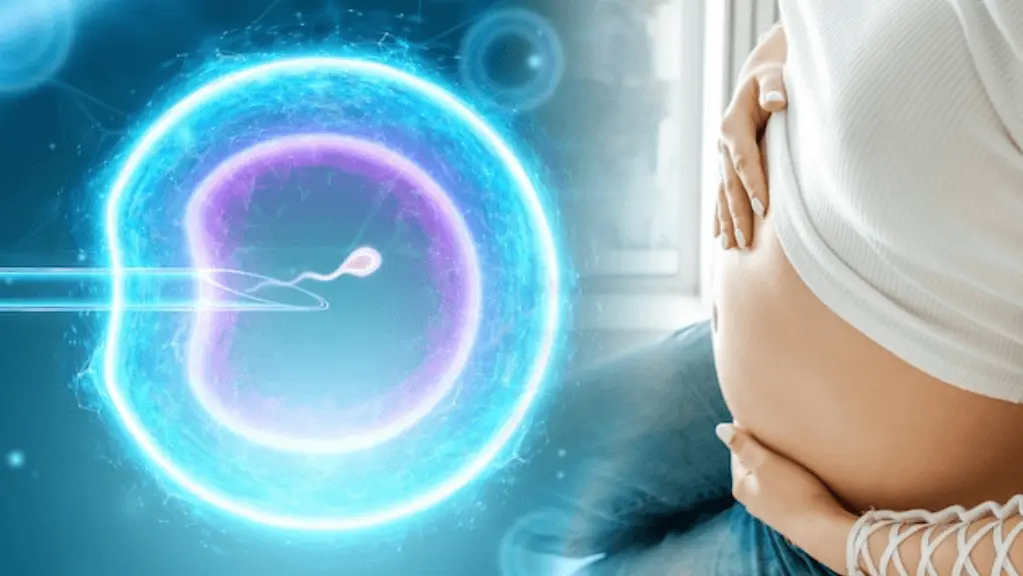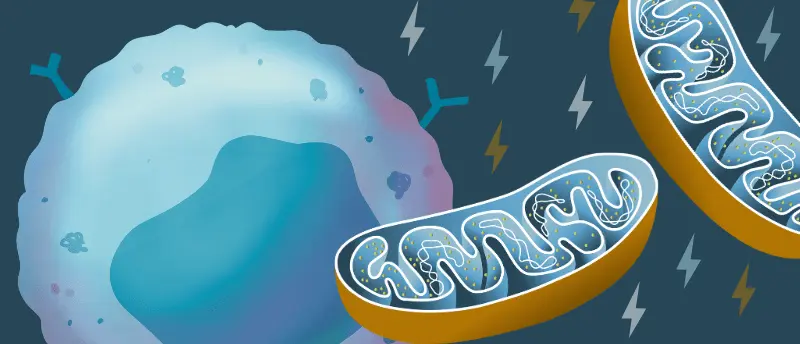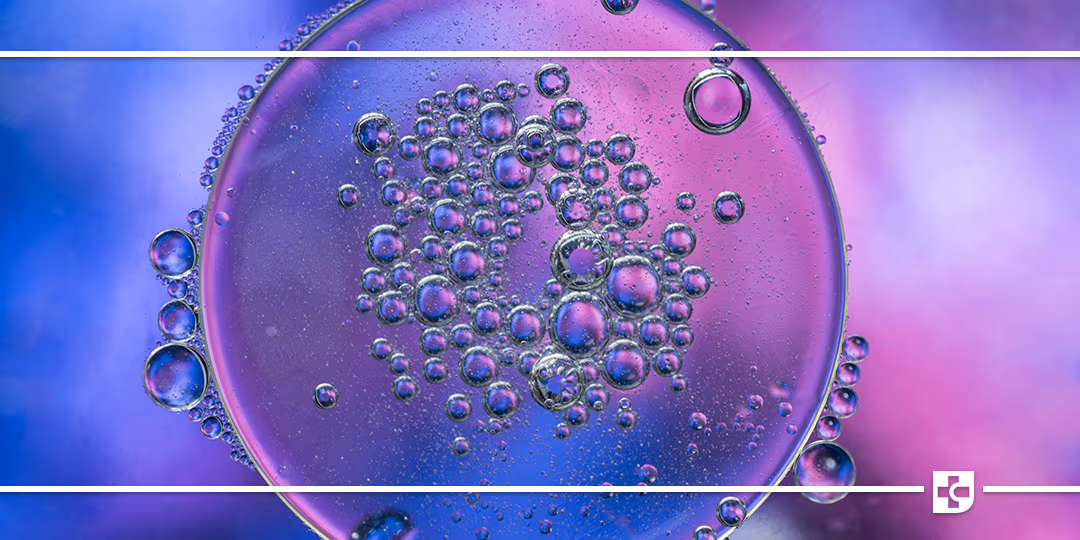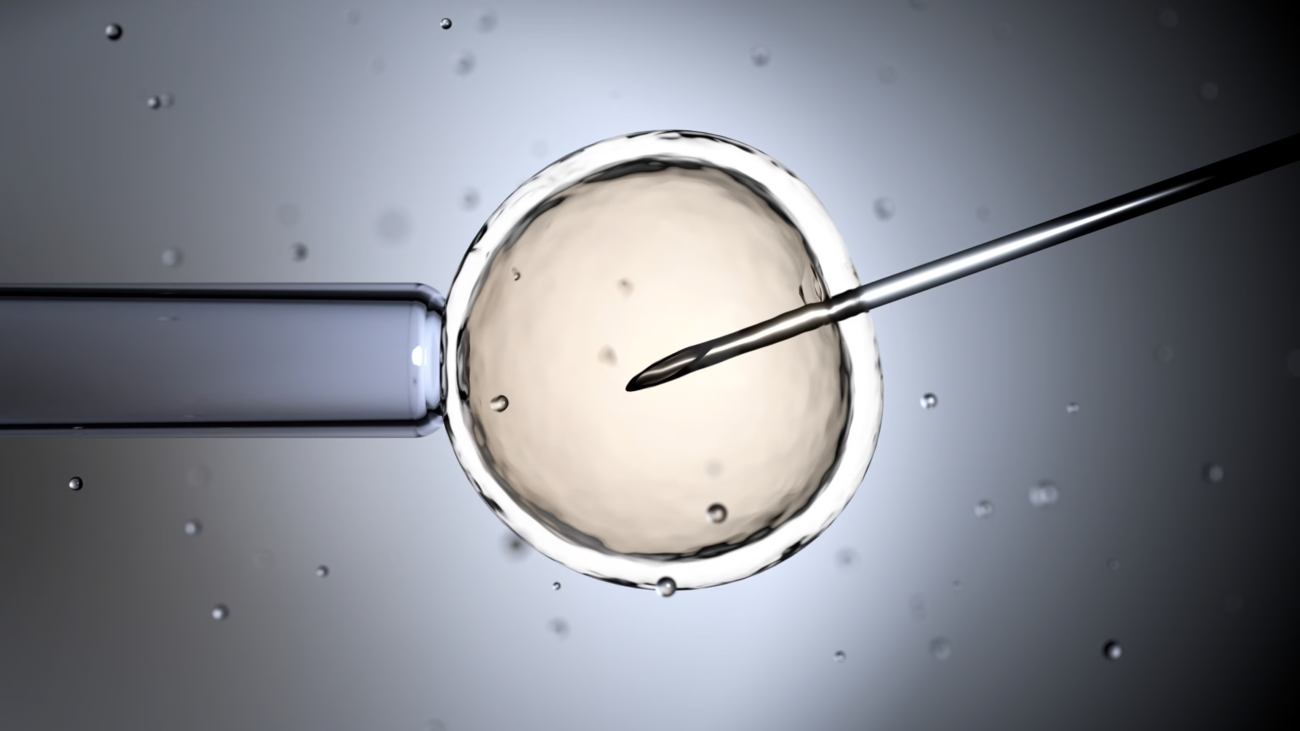The journey of in vitro fertilization (IVF) is often accompanied by a multitude of stressors, encompassing both the emotional burden of infertility and the rigorous process of fertility treatments. While stress is a natural response to such challenges, its implications for IVF success are multifaceted. On one hand, stress can disrupt hormonal balance, potentially affecting ovulation and sperm production. Additionally, it may lead to lifestyle factors detrimental to fertility, such as poor diet and lack of exercise. However, it’s essential to recognize that the stress experienced in the context of infertility is unique, characterized by the profound longing for parenthood.
Understanding IVF
In vitro fertilization (IVF) is a fertility treatment that involves fertilizing an egg with sperm outside of the body, in a laboratory setting. The process begins with the stimulation of the ovaries to produce multiple eggs, typically through the use of hormonal medications. These eggs are then retrieved through a minor surgical procedure called egg retrieval.
Once the eggs are retrieved, they are combined with sperm in a laboratory dish, where fertilization occurs. After fertilization, the resulting embryos are monitored for several days to ensure proper development. In some cases, pre-implantation genetic testing may be performed to screen for genetic abnormalities or chromosomal disorders.
Following the monitoring period, one or more embryos are selected for transfer into the uterus. This typically involves the insertion of a thin catheter through the cervix and into the uterus, where the embryos are gently deposited. Any remaining viable embryos may be cryopreserved (frozen) for future use.
After embryo transfer, a pregnancy test is conducted to determine if implantation has occurred. If successful, the pregnancy progresses like a natural conception.
IVF may be recommended for individuals or couples who are experiencing infertility due to various factors, including blocked fallopian tubes, male factor infertility, advanced maternal age, or unexplained infertility. It can also be used in cases where other fertility treatments have been unsuccessful. IVF offers hope for those struggling to conceive and has helped millions of couples worldwide achieve their dream of parenthood.
Can depression affect IVF?
Recent studies have delved into the intricate relationship between depression and IVF outcomes. While depression itself may not directly hinder the biological processes involved in IVF, its influence can manifest indirectly. Individuals grappling with depression may be more inclined towards behaviors that compromise fertility, such as unhealthy dietary habits and inadequate self-care. Moreover, the emotional toll of depression can exacerbate the challenges of the IVF journey, potentially compromising resilience and emotional well-being throughout the process.
What is the potential impact of depression on IVF success?
Depression can potentially impact IVF success through its effects on lifestyle choices and emotional resilience. Poor dietary habits, lack of physical activity, and insufficient self-care practices can all contribute to diminished fertility outcomes. Furthermore, the emotional strain of depression can exacerbate the inherent difficulties of the IVF process, making it even more arduous for individuals and couples undergoing treatment.
The Importance of Support
Navigating the emotional complexities of infertility and IVF necessitates a robust support system. Seeking emotional support, whether through therapy, support groups, or self-care practices, is crucial for maintaining overall well-being throughout the IVF journey. Open communication, empathy, and access to resources tailored to the needs of individuals and couples can significantly alleviate the emotional burden and enhance resilience during this challenging time.
Doctor’s Comment
Addressing the emotional and psychological aspects of infertility treatment is paramount for optimizing IVF success. While stress and depression may not be definitive barriers to achieving positive outcomes, acknowledging and managing these factors can significantly enhance the overall well-being of individuals and couples undergoing IVF. A holistic approach, encompassing both medical and emotional support, is instrumental in fostering resilience and increasing the chances of a successful IVF outcome.














